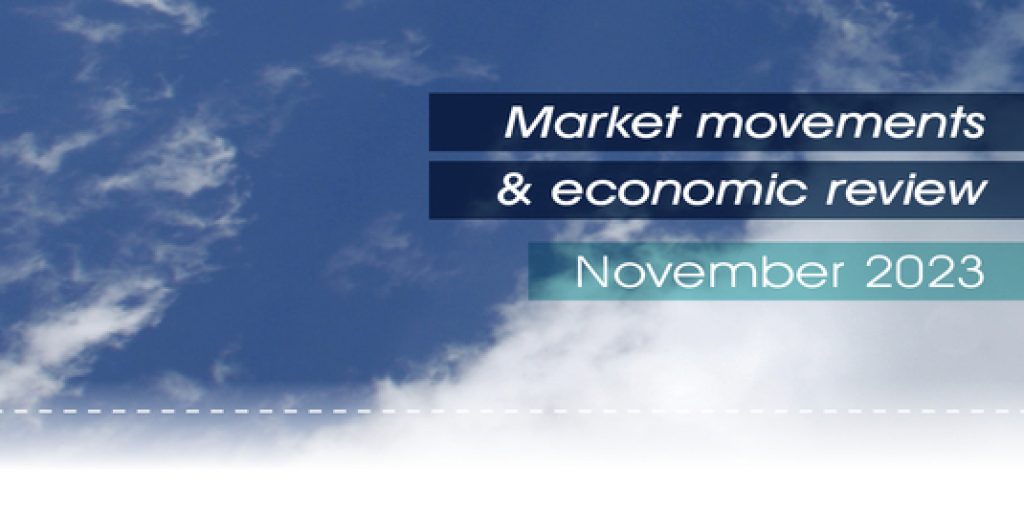Tax update June 2024

Tax cuts ease the message of greater ATO oversight
Every taxpayer can look forward to a tax cut from 1 July thanks to the centrepiece of the Federal Budget delivered in May.
On average, taxpayers will save around $36 a week under the new rules, which were legislated in February.i
The lowest tax rate in 2024-25 reduces from 19 per cent to 16 per cent, and the 32.5 per cent marginal tax rate reduces to 30 per cent for those earning between $45,001 and $135,000.
The current 37 per cent marginal tax rate will be retained for people earning between $135,001 and $190,000, while the existing 45 per cent rate now applies to income earners with taxable incomes exceeding $190,000.
The Budget also included a commitment to reform current tax laws and give the ATO discretion to stop chasing on-hold historical tax debts of individuals and small businesses.
Boost for tax compliance
Other Budget tax measures include a $2.5 billion crackdown on the shadow economy, as well as other fraud and tax avoidance through upgrades to the ATO’s IT systems to enable real-time identification and blocking of suspicious activities.ii
A new compliance taskforce will also be formed to focus on recovering lost revenue and stopping fraudulent refunds.
Instant asset write-off retained
Small businesses will be pleased to know that the deadline for the popular $20,000 instant asset write-off has been extended to 30 June 2025.iii
Under the instant asset write-off rule, small businesses with an annual turnover of less than $10 million are permitted to immediately deduct eligible assets of less than $20,000, rather than depreciate them.
Key focus areas
The ATO has announced it will be taking a close look at three common errors taxpayers are making in returns lodged this financial year.
These include incorrectly claiming work-related expenses, inflating deduction claims for rental properties and failing to include all income when lodging a return.
Work-from-home expenses will need comprehensive substantiation and rental landlords will need to carefully check their repairs and maintenance deductions.
Meanwhile, existing CGT exemptions for foreign residents buying and selling assets will be tightened.
Unpaid GST and income debts
The ATO has signalled it intends to increase its focus to ensure both individuals and businesses pay their tax and super obligations on time.
For example, there will be a crackdown on businesses failing to pass on $50 billion in undisputed debts for GST and PAYG from employee wages.
Around 65 per cent of this debt is owed by small businesses and the ATO has warned it is returning to its normal, pre-pandemic debt collection practices.iv
Changes for trust tax returns
Small business owners who are trustees or trust beneficiaries need to remember new income tax reporting changes commence on 1 July 2024.
Trustees will be required to provide additional information about capital gains tax on the trust’s tax return statement of distribution to provide beneficiaries with additional information when completing their trust income reporting obligations.
Trust income from managed funds will also be reported with the additional details.
SG payment reminder
With the new Super Guarantee (SG) payday rules due to start on 1 July 2026, the ATO is reminding employers they need to ensure timely payment of their quarterly SG obligations.
Payments for the fourth quarter (1 April to 30 June 2024) are due by 28 July at the latest, with more frequent payments being encouraged.
Check for unlawful tax schemes
The ATO has warned businesses again about the potential risks of becoming involved in unlawful tax schemes, including structured arrangements incorrectly classifying revenue as capital, exploiting concessional tax rates and obscuring the source of funds or party relationships.
Warning signs for these schemes include zero-risk guarantees, being asked to maintain secrecy and fees or commissions based on the tax saved.
We’d be happy to provide further information or clarification about any of the new tax measures or to provide advice if they affect you.
i https://budget.gov.au/content/factsheets/download/factsheet-col.pdf
ii https://budget.gov.au/content/bp2/download/bp2_02_receipt_payment.pdf
iii https://budget.gov.au/content/factsheets/download/factsheet-sml-bus.pdf
iv https://www.publicaccountants.org.au/news-advocacy/media-releases/2024-25-australian-federal-budget-chalmers-fails-to-charm-small-business-owners








